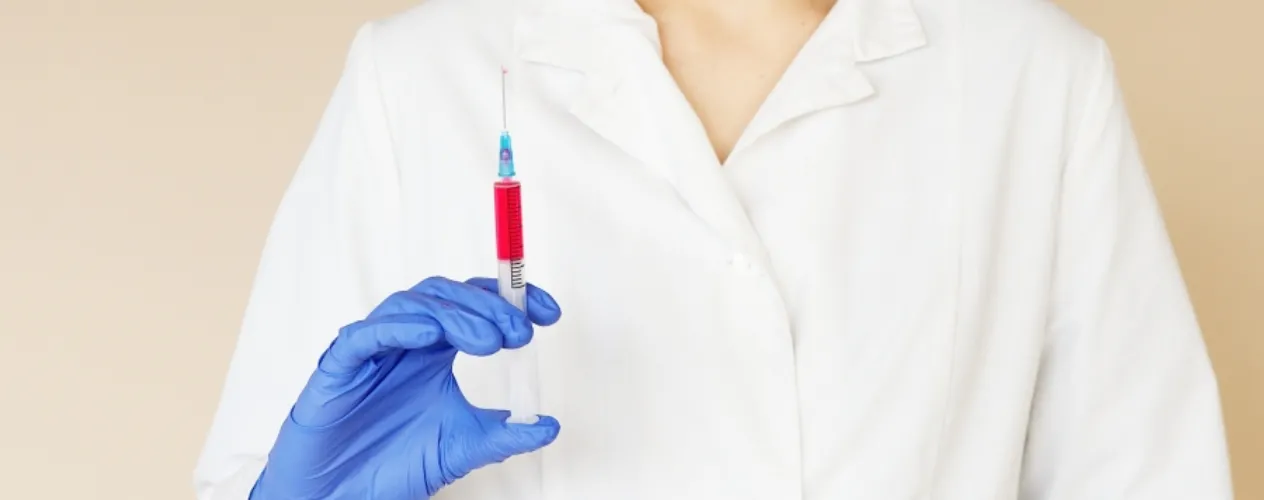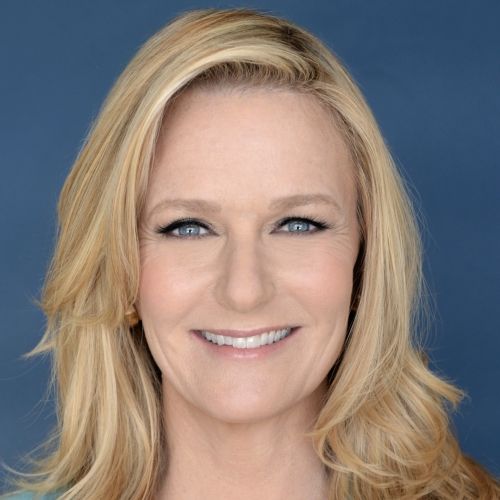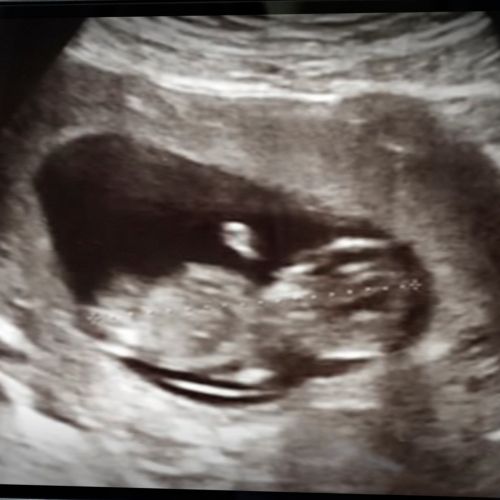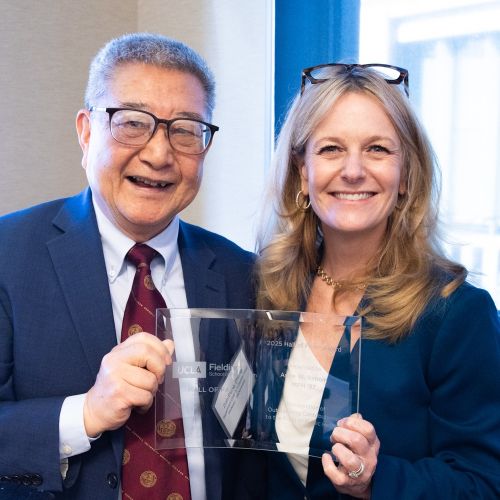Trust in COVID-19 vaccines roughly doubled in study during fall 2020
During a 4-month-period in 2020, confidence levels of front-line healthcare and emergency services workers in a vaccine program roughly doubled.

During a four-month-period in the fall of 2020, confidence levels of front-line healthcare and emergency services workers in a vaccine program roughly doubled.
The findings, by a UCLA Fielding School of Public Health-led team, are published today by the peer-reviewed journal Clinical Infectious Diseases, a research publication of the Infectious Diseases Society of America.
“Our team found that confidence in COVID-19 vaccines and vaccine uptake rose significantly over the course of the study,” said senior author Dr. Anne Rimoin, professor of epidemiology at the UCLA Fielding School of Public Health and of infectious disease at the David Geffen School of Medicine at UCLA.
The researchers – from the UCLA Fielding School of Public health, the David Geffen School of Medicine at UCLA, and the Los Angeles County Fire Department – found that confidence in vaccine protection was 46.4% among healthcare workers and 34.6% among first responders in September, 2020. By February, 2021, confidence in vaccine protection had risen to 90% and 75.7% in these groups, respectively.
The study employed a repeated cross-sectional survey administered at three time points between Sept. 24, 2020 and Feb. 6, 2021, to a group of employees of UCLA Health and the Los Angeles County Fire Department, and almost 2,000 individuals participated. Those from UCLA Health included doctors, nurses, and other clinical and non-clinical staff members of the health system (49.7%), while first responder participants were predominantly firefighters and paramedics mostly based at fire stations (72.7%).
Notably, the researchers found that confidence in COVID-19 vaccines and vaccine uptake rose significantly over time. In the initial measurement, about one-third of participants intended to receive a vaccine as soon as possible. By the last one, 96% of healthcare workers and 87.5% of the firefighters and paramedics had received a COVID-19 vaccine.
“Overall, statements on vaccine effectiveness and the reduction of COVID-19 disease severity increased respondents’ willingness to vaccinate once clinical trial data was made available,” said Dr. Megan Halbrook, one of the lead authors. “Communication efforts that emphasize the scientific evidence for the safety and efficacy of these vaccines, which has been overwhelmingly positive even in combating infection from highly-transmissible variants, and efforts to improve and simplify vaccine access, remain key to ongoing vaccination campaigns.”
The researchers think a significant factor in the changes was employer support of the vaccination campaign.
“We hypothesize that one of the main factors contributing to such high ultimate vaccination rates among these early-adoption populations was institutional support,” said Dr. Adva Gadoth, co-lead author of the study. “Employers at both UCLA Health and the Los Angeles County Fire Department devoted immense resources toward vaccine awareness, training, and education among their personnel prior to distribution, and provided on-site vaccinations that appear to have really paid off.”
Methods: This research draws on the results of the University of California, Los Angeles (UCLA) COVID-19 Surveillance Study, which included three cross-sectional, online surveys released to all participants to assess attitudes towards vaccines. The first was distributed on Sept. 24, 2020 and remained open through Oct. 16, 2020. A follow-up went to healthcare workers on Dec. 3, 2020 and to first responders on Dec. 5, 2020. A third, to measure actual vaccine uptake, was distributed Jan. 21-Feb. 8, 2021.
Funding: This work was supported by AIDS Healthcare Foundation, The Shurl and Kay Curci Foundation, Elizabeth R. Koch Foundation, The Horn Foundation, and Steven & Alexandra Cohen Foundation.
Citation: Megan Halbrook, Adva Gadoth, Rachel Martin-Blais, Ashley N. Gray, Saman Kashani, Clayton Kazan, Brian Kane, Nicole H. Tobin, Kathie G. Ferbas, Grace M. Aldrovandi, Anne W. Rimoin. Longitudinal assessment of COVID-19 vaccine acceptance and uptake among frontline medical workers in Los Angeles, California. Clinical Infectious Diseases. DOI: 10.1093/cid/ciab614. Published online: July 22, 2021.
The UCLA Fielding School of Public Health, founded in 1961, is dedicated to enhancing the public's health by conducting innovative research, training future leaders and health professionals from diverse backgrounds, translating research into policy and practice, and serving our local communities and the communities of the nation and the world. The school has 631 students from 26 nations engaged in carrying out the vision of building healthy futures in greater Los Angeles, California, the nation and the world.
Faculty Referenced by this Article

Dr. Anne Rimoin is a Professor of Epidemiology and holds the Gordon–Levin Endowed Chair in Infectious Diseases and Public Health.

